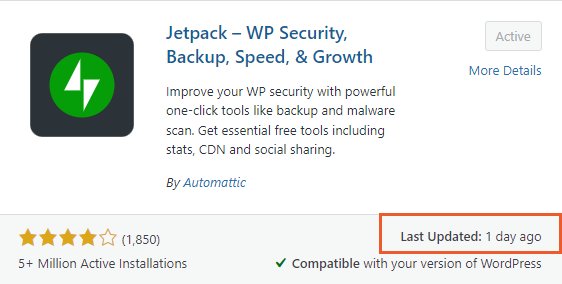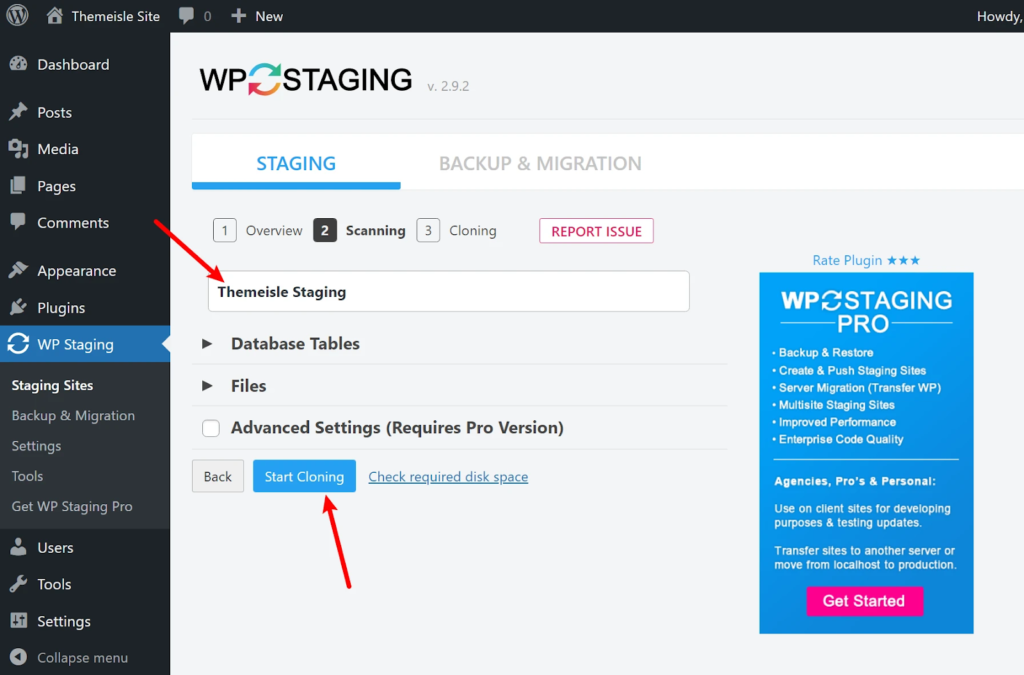
Corporate Website Design Secrets Big Brands Never Share
When people look at big-brand corporate websites, they often think: “They must have spent a
WordPress is one of the most popular website platforms out there, powering over 40% of all websites on the internet. One of the things that makes WordPress so popular is its vast library of plugins, which are essentially add-ons that allow you to add functionality to your website.
While plugins can be incredibly useful, they can also be a security risk if you’re not careful. Some plugins are poorly coded and can open your site up to hackers, while others may be incompatible with your theme or other plugins, causing your site to break.
With that in mind, it’s essential to check for plugin reliability before installing any new plugin on your WordPress site. In this post, we’ll cover some of the essential things you need to look for to ensure that the plugin you’re about to install is safe and reliable.
One of the easiest ways to assess the reliability of a WordPress plugin is to check its ratings and reviews. WordPress has a built-in rating system for plugins, which allows users to rate plugins on a scale of 1 to 5 stars. Additionally, users can leave reviews and comments about their experiences with the plugin.
Before you install a plugin, take a few minutes to read through the reviews and see what other users have to say about it. If a plugin has a high rating and positive reviews, it’s likely a safe and reliable choice. On the other hand, if a plugin has a low rating or numerous negative reviews, it may be best to avoid it.
It’s also a good idea to pay attention to the number of ratings and reviews. A plugin with only a handful of ratings and reviews may not be as reliable as one with hundreds or thousands of reviews.

Another way to assess the reliability of a WordPress plugin is to research the developer behind it. Some developers have a reputation for creating high-quality, reliable plugins, while others are known for producing plugins that are buggy or poorly maintained.
To research the developer, you can start by looking at their website or social media accounts to see what kind of information they provide. You can also look for reviews of other plugins they have created to see if there are any patterns of issues or reliability problems.
Another helpful tool is the WordPress Plugin Directory. Each plugin has a page that lists the developer’s name, website, and other plugins they have created. By looking at the developer’s other plugins, you can get a sense of their overall level of expertise and experience.

WordPress is constantly evolving, and new updates are released on a regular basis. Plugins that are not updated regularly can quickly become outdated and unreliable, as they may not be compatible with the latest version of WordPress or may have security vulnerabilities that have not been addressed.
Before you install a plugin, check the Last Updated date to see when it was last updated. A plugin that has been updated recently is likely to be more reliable than one that has not been updated in several months or years.

Before you install a new plugin on your live site, it’s a good idea to test it on a staging site first. A staging site is a copy of your live site that you can use to test new plugins, themes, or other changes without affecting your live site.
By testing the plugin on a staging site, you can see how it performs and ensure that it doesn’t cause any issues or conflicts with your existing plugins and theme. If you encounter any issues, you can address them on the staging site before installing the plugin on your live site.
Security vulnerabilities are a major concern for WordPress sites, as they can leave your site open to attacks from hackers and malware. Before you install a new plugin, it’s important to check for any known security vulnerabilities.
One way to do this is to use a plugin like WPScan which helps in assessing the security status of WordPress installations
In conclusion, checking for WordPress plugin reliability is an essential step to ensure that your website runs smoothly and remains secure. By considering factors such as ratings and reviews, update frequency, compatibility, support, code quality, security, and functionality, you can make an informed decision when installing a plugin. Remember that even the most reliable plugins can have issues, so it’s always a good idea to keep your plugins up to date.
Check out this blog to know why you should never use a nulled WordPress plugin

When people look at big-brand corporate websites, they often think: “They must have spent a

Social media in 2026 is no longer about “posting consistently” or “chasing followers.”It’s about earning

Digital marketing in 2026 isn’t about chasing every new tool or copying what worked last